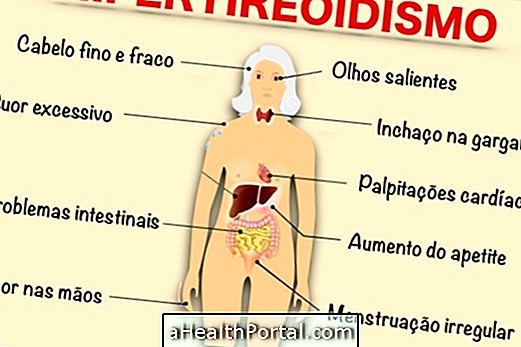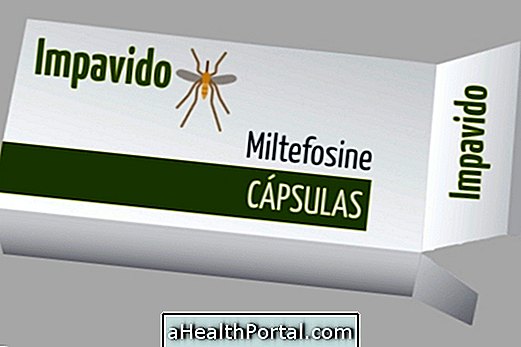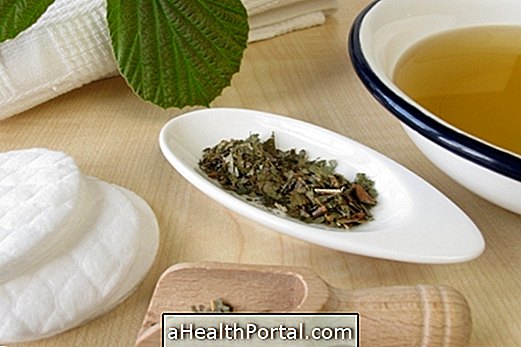The best home remedies to help fight against tendinitis are plants that have anti-inflammatory action like ginger, aloe vera because they act at the root of the problem, bringing relief from the symptoms.
Here are some options of anti-inflammatory medicinal plants that can be used in the form of juice, tea, compress or poultice.
1. Ginger tea
Ginger is a potent anti-inflammatory that can be used to combat tendonitis. Besides tea, you can consume ginger in your meals, which is very common in Japanese cuisine. You can add this seasoning in the meats, being great to season the chicken, for example.
- For the tea: Put 1cm of ginger to boil in 500 ml of water, leave capped to cool. Coar and take still warm, 3 to 4 times a day.
2. Anti-inflammatory foods
Eating anti-inflammatory foods such as coriander, watercress, tuna, sardines and salmon are excellent options for deflating the body and fighting tendinitis anywhere in the body.
Here's how feeding and physical therapy can help with the following video.

3. Rosemary compress
Rosemary compress is easy to prepare and is great for treating shoulder tendonitis, for example.
- How to use: Knead the rosemary leaves with a pestle, add 1 tablespoon of olive oil until it forms a paste and place on a gauze and then place exactly on the sore spot.
4. Fennel tea
Fennel tea has a pleasant taste and may be indicated to combat tendinitis because it contain anti-inflammatory action.
- How to do: Add 1 teaspoon of fennel in a cup of boiling water and let cover for 3 minutes. Coar, and take still warm, 3 to 4 times a day.
5. Poultry with aloe vera gel
Aloe vera, also popularly known as slug, has healing action and is a good option to combat tendinitis. You can take aloe vera juice daily, and to supplement this treatment you can use a poultice at the tendinitis site.
- How to use: Open a sheet of aloe vera and remove its gel, add in a gauze and apply on the skin, covering with a gauze. Let it act for about 15 minutes, 2 times a day.
However, these should not be the only form of treatment, although they are excellent in complementing the clinical and physiotherapeutic treatment, which may include the taking of anti-inflammatories such as Ibuprofen, ointments such as Cataflan or Voltaren and use of cold compresses, in addition to sessions that accelerate the inflammation and regeneration of tendons.
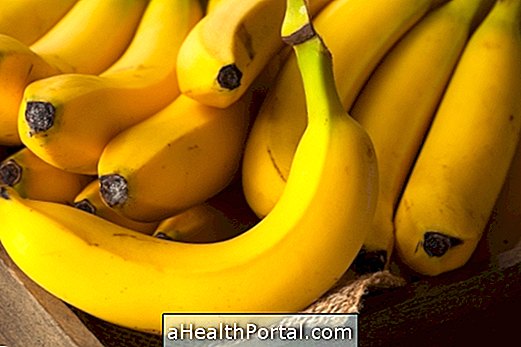

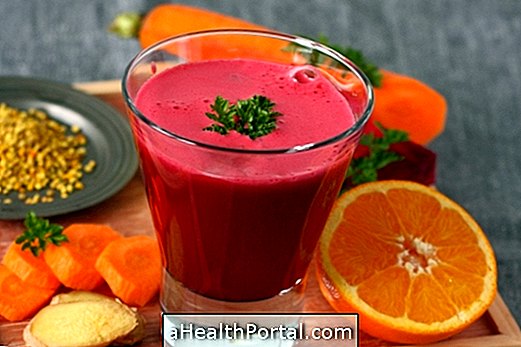

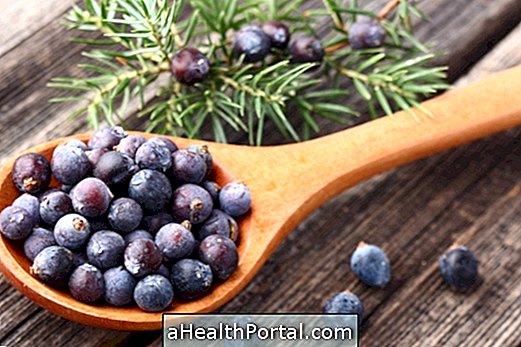

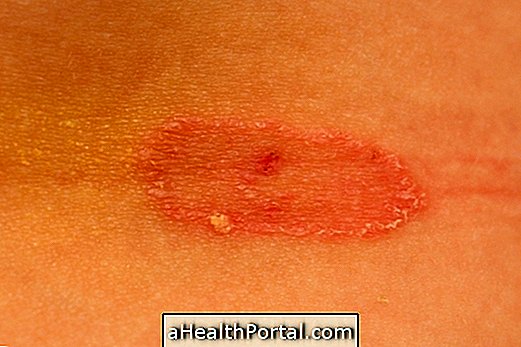


-o-que--sintomas-e-tratamento.jpg)
